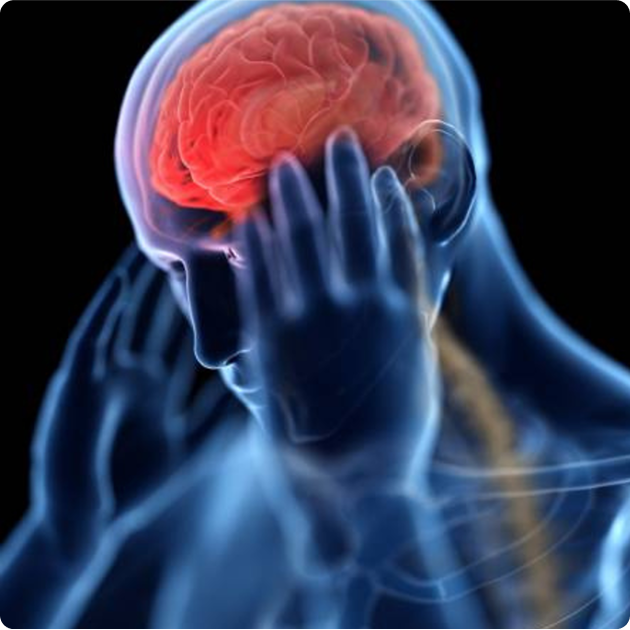Fatigue
Fatigue is a strong, persistent sense of tiredness that does not go away with rest. It can be physical, mental, or both. Unlike normal tiredness after activity, this deep exhaustion affects daily life and may signal an underlying health issue.
Fatigue First‑Aid Tips
Rest Safely
If you feel overwhelmingly tired, sit or lie down in a safe, quiet place to avoid falls or accidents.
Hydrate and Snack
Drink water and have a light, balanced snack (e.g. fruit or nuts) to help blood sugar and energy levels.
Gentle Movement
After a brief rest, try slow, gentle stretches or a short walk to boost circulation.
Monitor Symptoms
Note if fatigue comes with chest pain, dizziness, or confusion. In these cases, seek urgent medical attention.
Avoid Hazards
Don't drive or operate machinery when severely fatigued; ask for help if you must travel.

When to Consult a Doctor
See a doctor if fatigue lasts for more than a few weeks, even after improving sleep and reducing stress. It’s important to seek medical advice when fatigue interferes with work, relationships, or daily tasks. A healthcare professional can check for possible causes such as anemia, thyroid problems, sleep disorders, or chronic infections, and help develop a plan to restore your energy.
